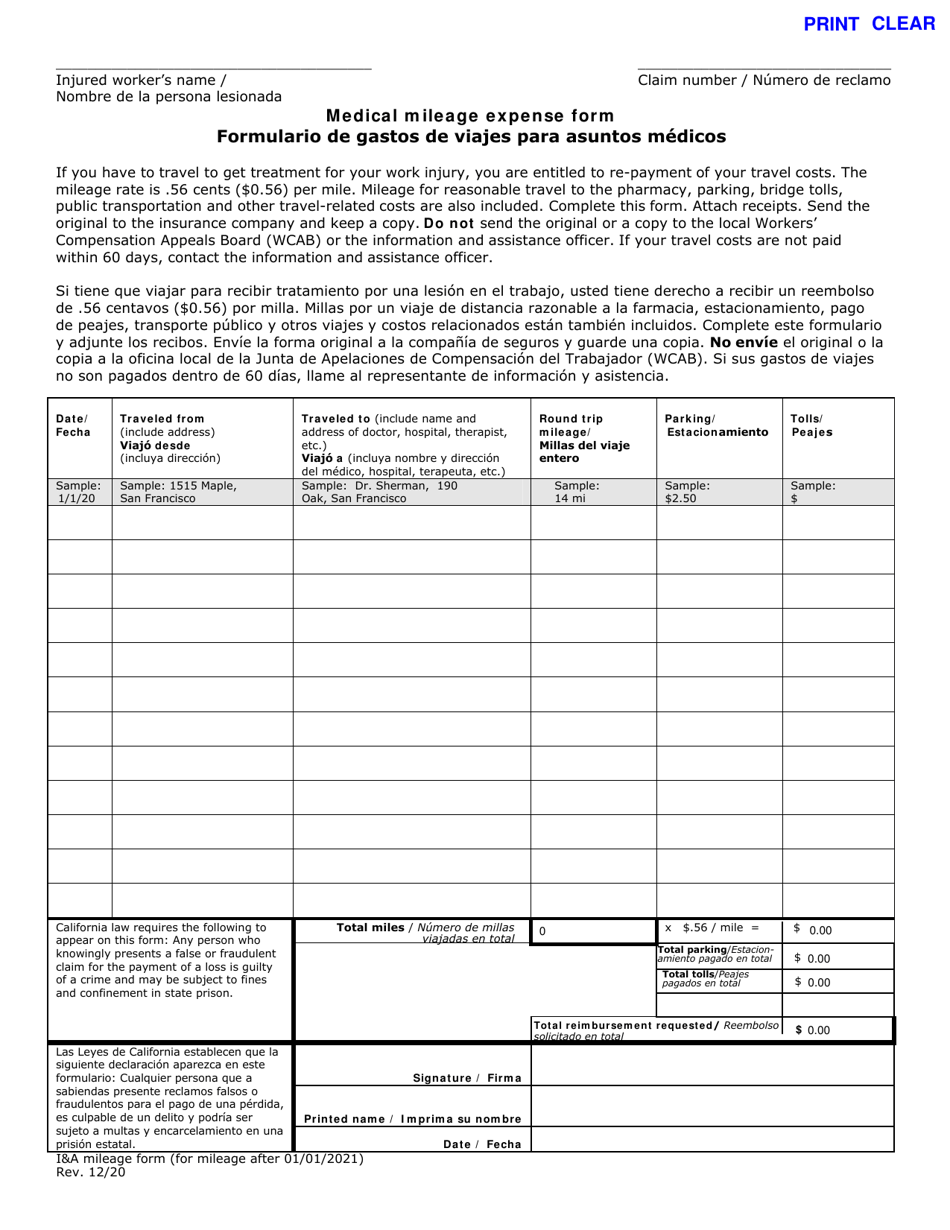

(This is a bank account that lets people put money aside, tax-free, to save and pay for health care costs.)

Money you put into retirement accounts and health savings accounts.Interest you pay on loans, such as mortgages or student loans.Certain medical costs (more on this below).Deductions are certain costs that lower your taxable income. You can also make deductions to your income. That includes wages and interest and dividends earned on investments. You’ll need to report all your income from the year before. If you’re not a member of a medical aid scheme in South Africa, you won’t get the benefit of medical tax credits.Īt IFC, we offer informed, objective advice about South African medical aid schemes and how medical tax credits could benefit you.Ĭall IFC on 0860 766 942 and one of our consultants will help you find the right medical aid, at the right price.Every year you need to file your taxes with the Internal Revenue Service or the IRS. Provisional tax payers, who pay for their own medical aid contributions, enter the medical tax credit, as a rebate, on their annual income tax return. When you’re permanently employed, pay tax on a PAYE basis and your medical aid contributions are processed by the company, the responsibility lies with your employer to deduct the rebate from your monthly tax liability. How you get your medical tax credit depends on your status as a taxpayer. Medical expenses incurred outside South Africa, in line with the above. Money disbursed for treatment of a disability or physical impairment. What qualifies as an additional medical expense?Īny out-of-pocket expenses in respect of consultations, services and medication from registered medical practitioners and associated healthcare providers, including orthopaedic surgeons, physiotherapists, chiropractors, homeopaths, herbalists, naturopaths, osteopaths and optometrists.Įxpenses relating to home care by a registered nurse, nursing associate, nursing agency or midwife.Ĭosts of prescribed medications dispensed by a registered pharmacist.Īdmission fees to a registered hospital or nursing home. The amount by which the total medical scheme contributions exceed 3 x the MTC. Over 65 years of age with or without a disability
CLAIMING MEDICAL EXPENSES ON TAXES 2020 PLUS
Total medical aid scheme contributions, minusħ.5% of taxable income, multiplied by 25%.ģ3% of all qualifying medical expenses, plus Under 65 years of age without a disability The AMTC offers tax relief in respect of qualifying medical expenses that aren’t covered by the medical aid scheme.Īvailable credits are dependent on the member’s age, and whether he or she, or a dependant, has a physical impairment or disability. Scheme members are entitled to a second medical tax rebate, the additional medical expenses tax credit (AMTC). Taxpayers can only claim medical tax credits for the months in which they, and their dependants, are medical aid scheme members.

R224 per month for each additional dependant.R332 per month for the taxpayer and main member of the scheme.The MTC for the 2021/2022 tax year were as follows: R234 per month for each additional dependant.R347 per month for the taxpayer and main member of the scheme.In the 2022/2023 tax year, the following medical tax credits apply: When the employer pays the monthly premiums, the member’s monthly tax liability is reduced accordingly. When medical aid contributions are paid by the member in his or her personal capacity, the MTC is claimed as a refund on the annual tax return. It’s a fixed monthly amount that increases according to the number of dependants. The medical scheme fees tax credit (MTC) is a non-refundable rebate deducted from the primary member’s total tax liability. What is the medical scheme fees tax credit? Members of registered medical aid schemes in South Africa qualify for automatic deductions off their tax.


 0 kommentar(er)
0 kommentar(er)
